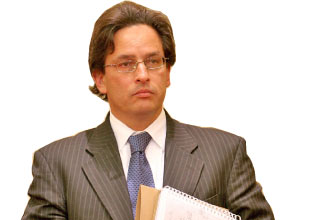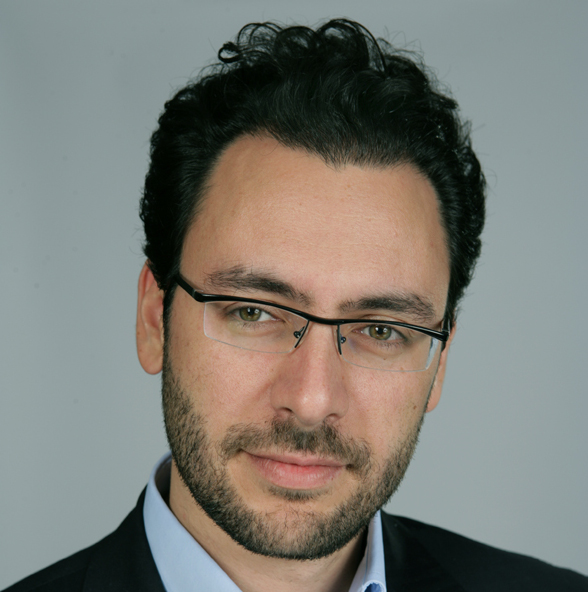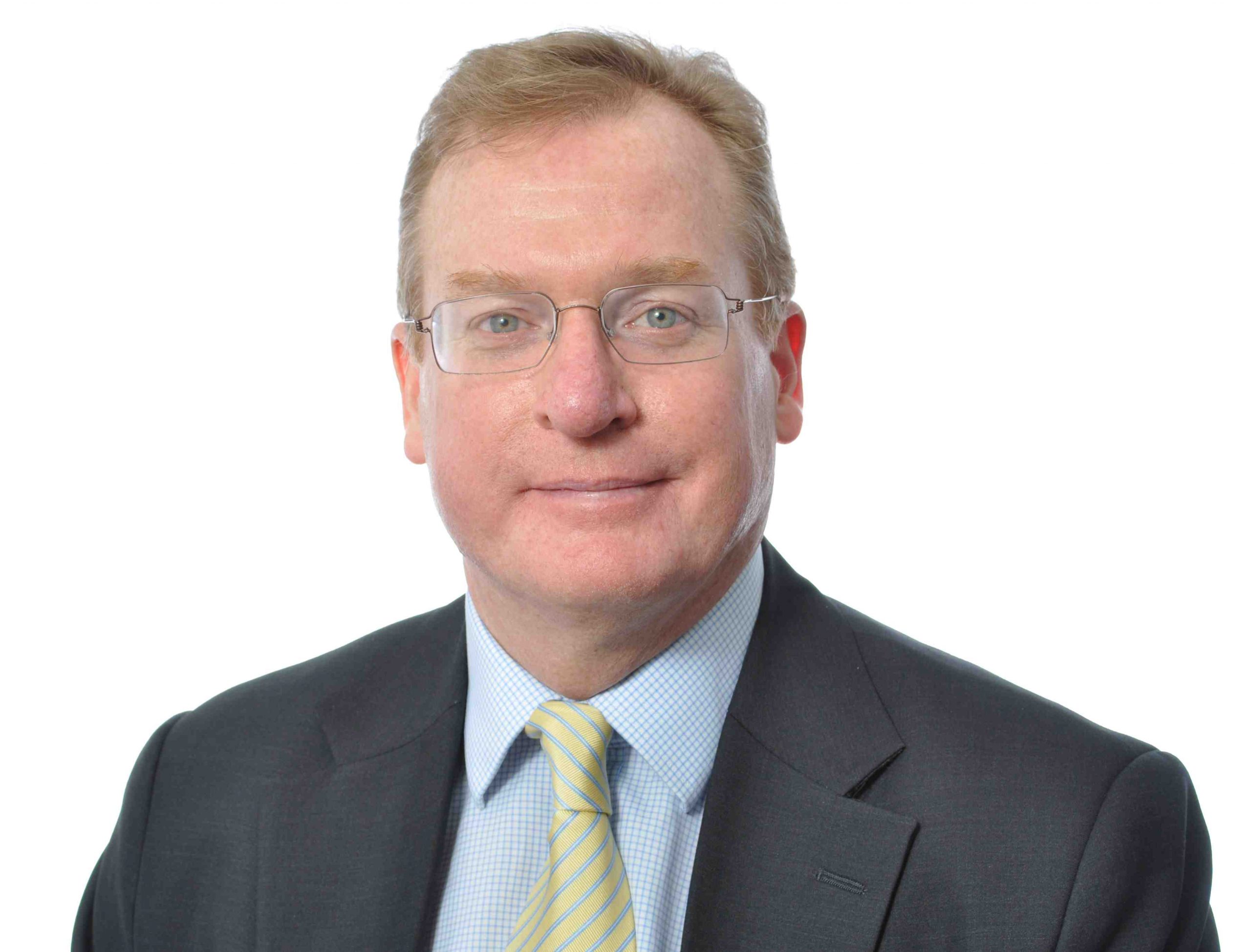Bubbles Without Borders?
| By Elena Santiso | 0 Comentarios

If you are a wealthy person living in Asia, you might be tempted, with good economic reason, to look overseas to diversify your asset base. Overseas markets often offer good diversification as they are typically exposed to different economic cycles and also give exposure to different currencies. But while overseas stocks, bonds and other financial instruments all offer diversification, few asset classes seem to have the same allure as overseas property—that is, overseas property in the right cities.
What qualifies as the “right” city? One criterion is that the place must have a predictable, deep-rooted legal framework offering strong property rights protection, and another is that it must welcome foreign capital. The locale should offer urban character with an appealing quality of life, which may include clean air and water, highly rated schools, good restaurants, a vibrant nightlife and upscale shops. Easy access, preferably via non-stop flights to Asia, is also a plus.
For a rich individual in Asia, acquiring overseas property tends to be a very logical microeconomic outcome. When enough wealthy people shop overseas for property, it soon becomes a macroeconomic trend. And as happens with booms, more money chases the same asset class as the awareness of soaring prices spreads. Soon, the demand dynamics arising from this diversification might even divorce the host city’s (even host country’s) property market from local economic realities. A case in point is London’s real estate market. The U.K. economy and London-prime property have taken entirely different trajectories since the global financial crisis. While the country’s economy has just started to recover, London’s property rates have been far more spectacular. Sydney and Melbourne property markets also seem detached from the broader realities of the Australian economy (its property market hasn’t seen the kind of correction the U.S. market has seen from the 2007 highs).
Even in San Francisco, where I am based, I have heard of instances in which people visiting on business are making cash offers for homes on the weekends. No wonder, then, that top-end properties in places like Vancouver and Toronto, not to mention markets such as Hong Kong and Singapore, have all been hot commodities. And this trend is increasingly spreading to the middle end of the market; I recall seeing ads in Asian newspapers heavily promoting properties well outside of Central London.
So property in large desirable cities seems to have become a global asset class of choice for the emerging world’s affluent. Understandably, some localities are trying to restrict this activity. But I wonder if we should start factoring in this free-flowing global capital—and not just local economic conditions—as an important component of real estate market analysis in certain urban areas. Prices may still correct in such world-class cities, but the global demand could potentially put a floor on the correction. Also, as the fairly restrictive capital outflow rules in markets such as China begin to lift, the resulting capital flows could very well provide a further backstop to high-end property prices.
Vivek Tanneeru, Research Analyst at Matthews Asia
The views and information discussed represent opinion and an assessment of market conditions at a specific point in time that are subject to change. It should not be relied upon as a recommendation to buy and sell particular securities or markets in general. The subject matter contained herein has been derived from several sources believed to be reliable and accurate at the time of compilation. Matthews International Capital Management, LLC does not accept any liability for losses either direct or consequential caused by the use of this information. Investing in international and emerging markets may involve additional risks, such as social and political instability, market illiquidity, exchange-rate fluctuations, a high level of volatility and limited regulation. In addition, single-country funds may be subject to a higher degree of market risk than diversified funds because of concentration in a specific geographic location. Investing in small- and mid-size companies is more risky than investing in large companies, as they may be more volatile and less liquid than large companies. This document has not been reviewed or approved by any regulatory body.









